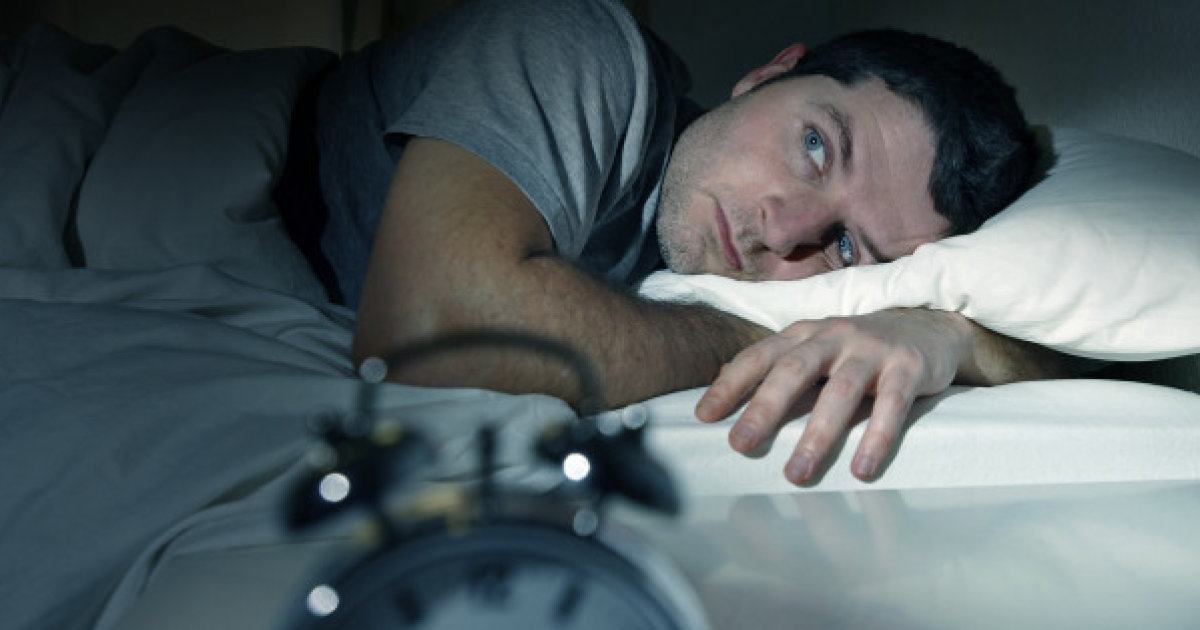Symptoms Of Myofascial Pain Syndrome
Myofascial pain syndrome is a chronic medical condition characterized by the development of painful trigger points in the muscles. For individuals who suffer from myofascial pain syndrome, escaping the excruciating symptoms can be quite a challenge. When an individual is suffering from this chronic pain syndrome, they experience deep muscle pain, at times in seemingly unrelated parts of their body. The repetitious movement of a particular muscle, which might occur as a result of a professional activity or hobby, can cause myofascial pain syndrome. Although most individuals have endured muscle pain at one point or another, muscle pain that cannot be managed using standard techniques often indicates the presence of this condition. Let's get to know more about the symptoms of myofascial pain syndrome now.
Deep Muscle Pain

Part of being subjected to myofascial pain syndrome is experiencing deep, aching muscle pain when a particular trigger point has pressure applied to it. However, what makes this condition especially complicated to treat is the fact sometimes the pain that occurs as a result of pushing on a pressure point will be in a different area of the body than the pressure point itself! This is what is called referred pain, because the pain that occurs is referred from the pressure point. Referred pain is one of the characteristics used to differentiate the conditions of chronic myalgia from myofascial pain syndrome.
Keep reading to learn more about the indicators of myofascial pain syndrome.
Pain Preventing Sleep

An individual's inability to fall or remain asleep is referred to as insomnia, and this is one of the most common symptoms of myofascial pain syndrome. Research shows more than sixty percent of patients suffering from myofascial pain syndrome also have troubles falling or staying asleep, often due to the pain caused by their condition, entrapping the patient in a vicious cycle of increased fatigue and poor quality of sleep. In turn, the lack of sleep and non-restorative sleep makes it more difficult for the body to fight the painful symptoms associated with myofascial pain syndrome.
Get to know the next indicator of myofascial pain syndrome now.
